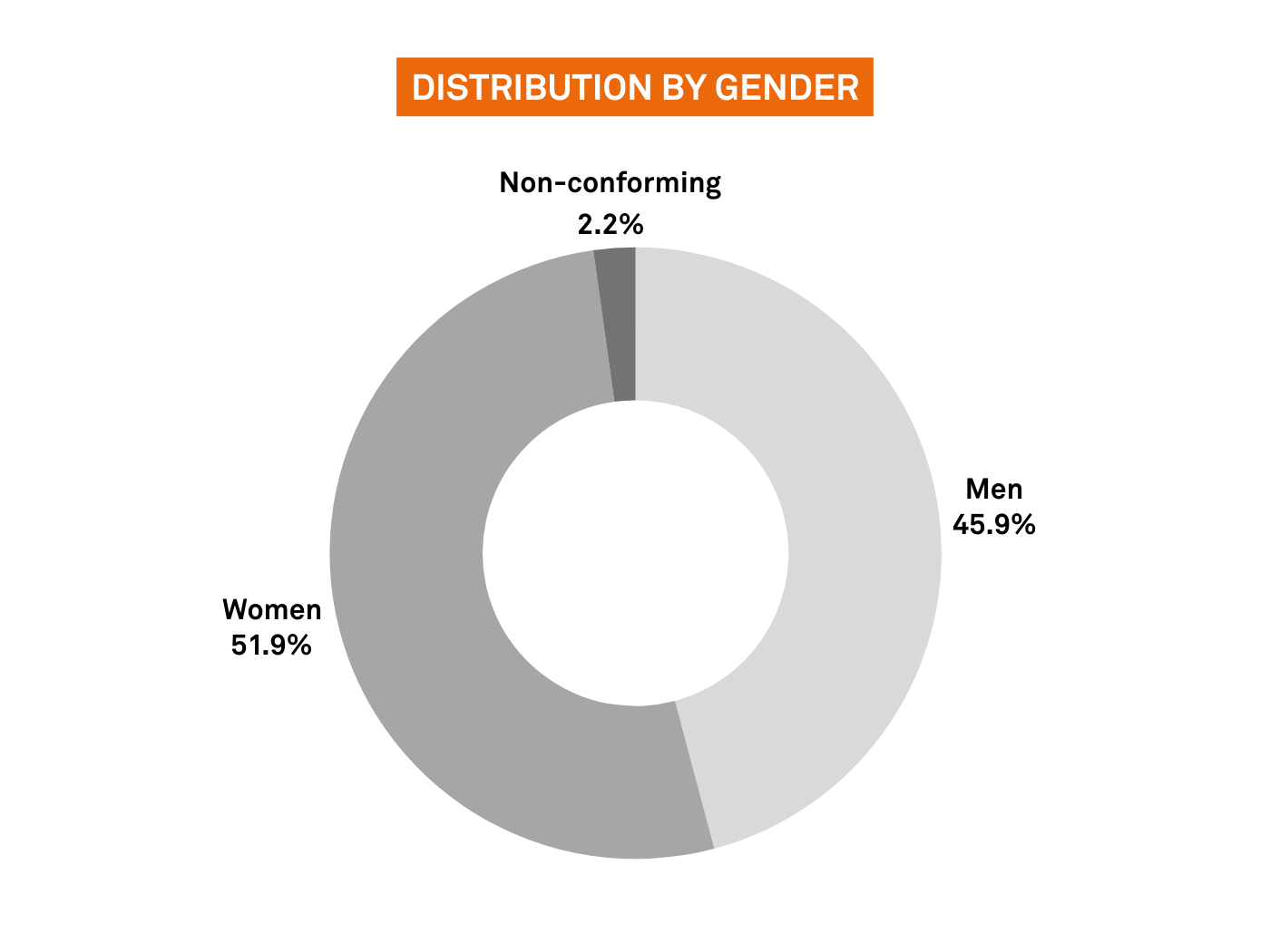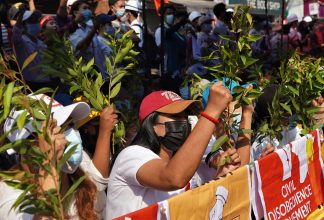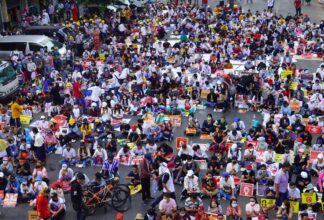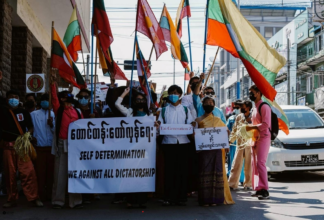“With support from Civil Rights Defenders, our broadcasting of human rights issues in Burma continues”
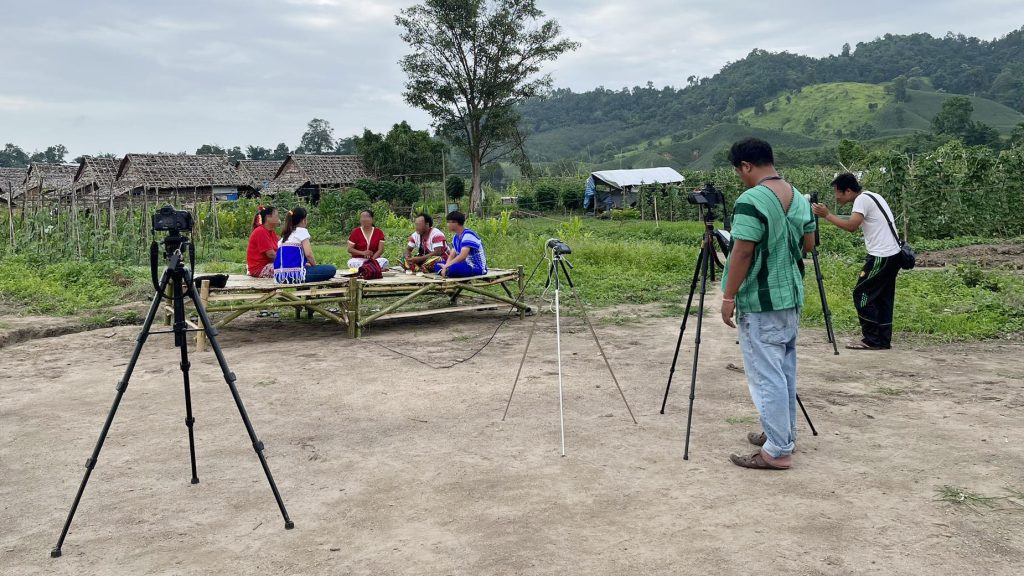
Giving Burmese Human Rights Defenders in Exile Access to Legal Aid
Than Lwin Khet News (TLK) is a multimedia news agency established in 2016 to put a spotlight on human right issues, human rights defenders, and marginalised groups during the ongoing Myanmar peace process. Since the military coup, TLK has reported on human rights issues in various formats like talk shows, radio features, interviews and written text. They have focused on topics such as children’s rights and right to education, digital rights, freedom of expression, the loss of civil rights during the coup, the rights of unlawfully arrested people by the military council, and the right to freedom of religion, belief, ethnicity and nationality. TLK not only broadcasts the voices of the victims of human rights violations and highlights the difficulties and challenges faced by human rights defenders, but also creates advocacy programs for people to know about their rights.
To continue their reporting and stay safe, TLK employees were forced to flee to the Burma-Thailand border area. Upon fleeing, TLK’s journalists struggled to obtain the paperwork needed to live and work legally in the border area. An editor and a journalist of TLK News were taken to the police station due to their lack of legal status in the country. TLK journalists were facing daily physical and psychological threats due to the risk of arrest by authorities, the police, army, immigration officers and interpreters. In the weeks leading up to their request to the Emergency Fund, the situation had worsened due to the crackdown of authorities on undocumented people living along the border.
The Emergency Fund supported TLK in obtaining the legal aid needed to apply for work permits and gain a secure living status in Thailand. This has allowed TLK team to continue the production and broadcasting about human rights issues, as well as training of human rights defenders and staff on topics such as safety, security and technical skills needed for news reporting.
“With support from Civil Rights Defenders, several of our journalists were able to apply for needed permits and necessary documents to have the right to live and work legally and avoid the risks of being detained by police authorities. This has ensured the safety of our journalists and the continuance of our production and broadcasting of human rights records such as news and documentaries.”
– Journalist at Than Lwin Khet News, Burma
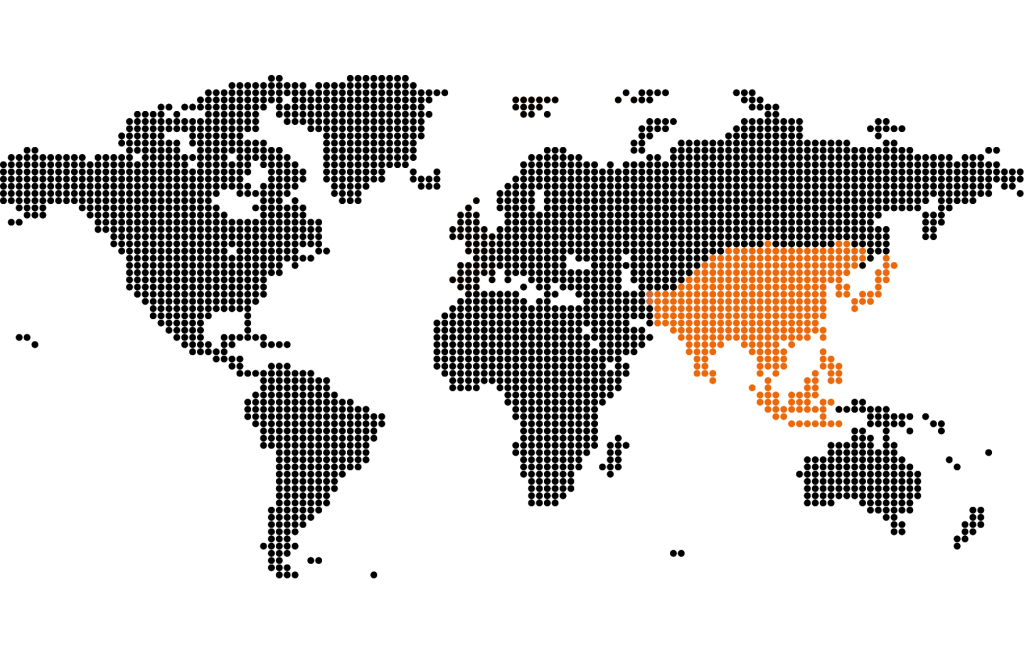
Emergency Fund Trends in Asia in 2023
Defending human rights is a dangerous job in several parts of the world. When a threatening situation escalates, Civil Rights Defenders’ Emergency Fund provides rapid assistance to improve the defender’s security as quickly as possible. During 2023, the fund provided support to 181 human rights defenders and members of their families in 7 different countries in Asia, through a total of 26 grants.
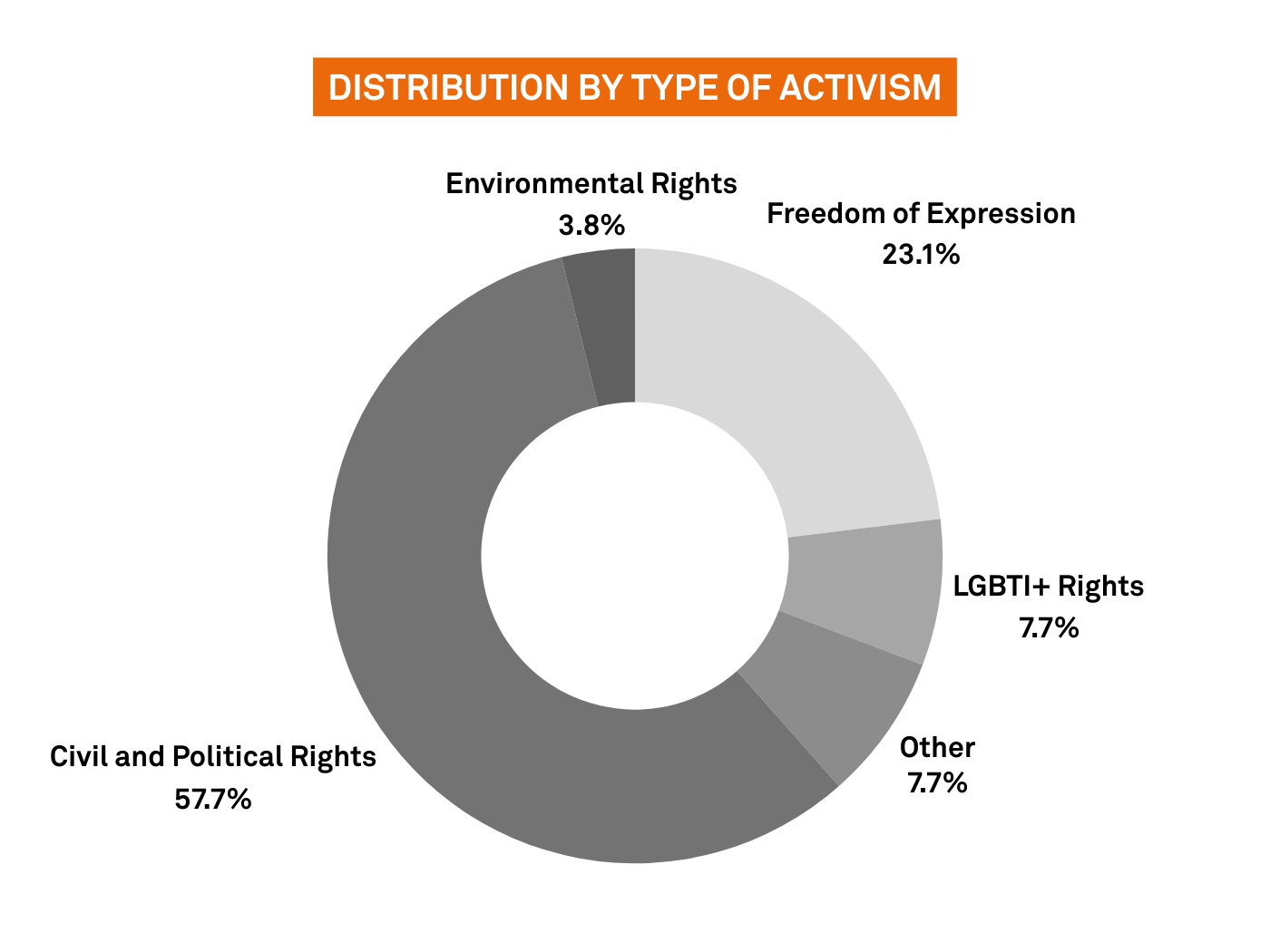
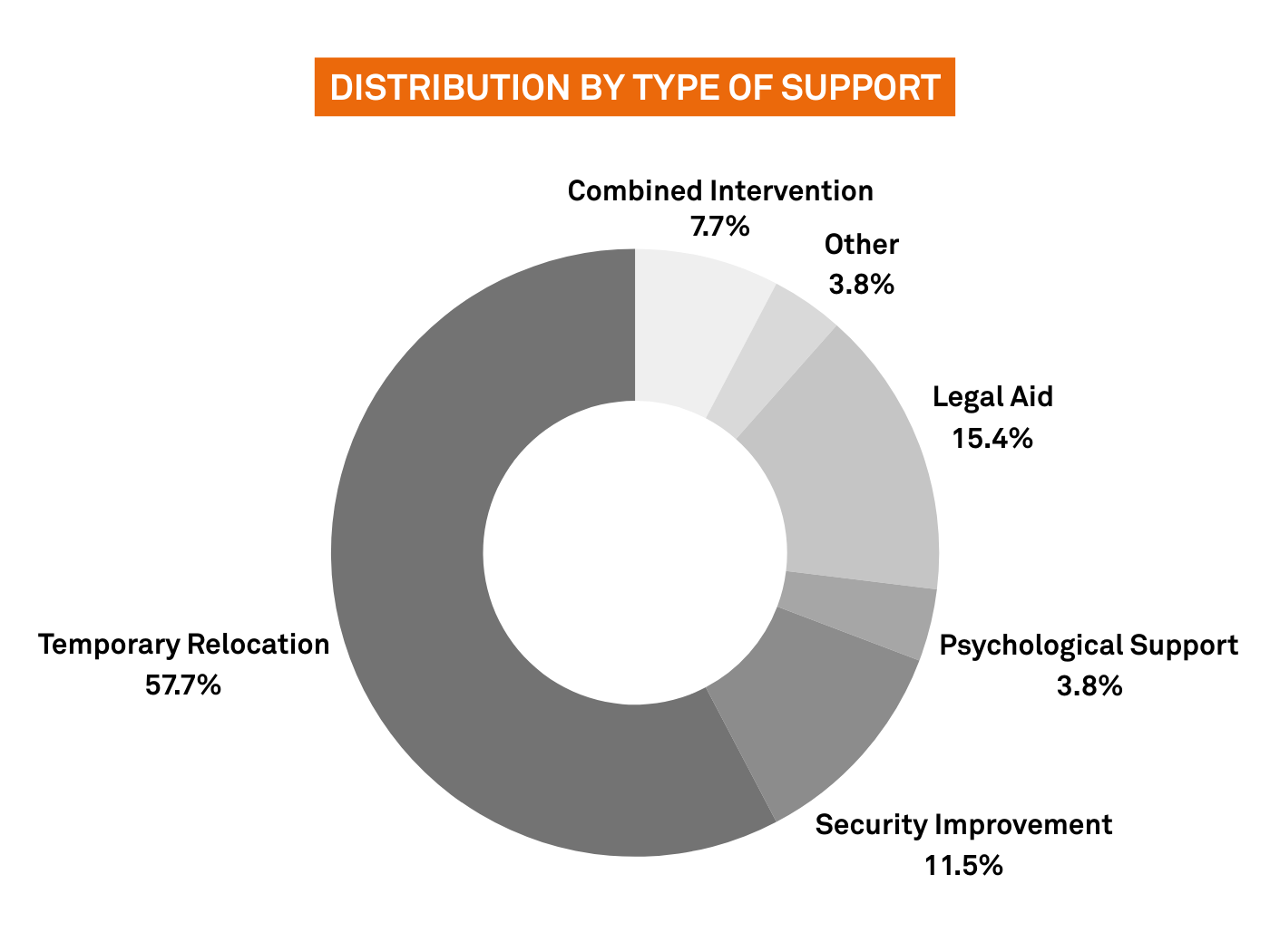
- Continuing Support for Human Rights Defenders in Burma: Since the 2021 military coup in Burma and ongoing struggle against the military junta, a steep rise in human rights violations has forced many human rights defenders to seek support to relocate to neighbouring countries. Emergency Fund grants have assisted human rights defenders in Burma with relocation, security, safety, communication, and well-being.
- A Rise in Transnational Repression: Authoritarian governments in South and Southeast Asia are increasingly targeting human rights defenders beyond their own borders. In order to combat this worrying trend, the Emergency Fund has provided support for legal aid, digital and physical security enhancements, and psychosocial support.
- Increased Assistance for Exiled Human Rights Defenders: The developments during last year have signalled a change in the type of support required for human rights defenders in exile, whose temporary relocations have become more permanent than expected. This has necessitated a shift in thinking about their needs, which now include both security concerns and psychosocial and community-building requirements.
